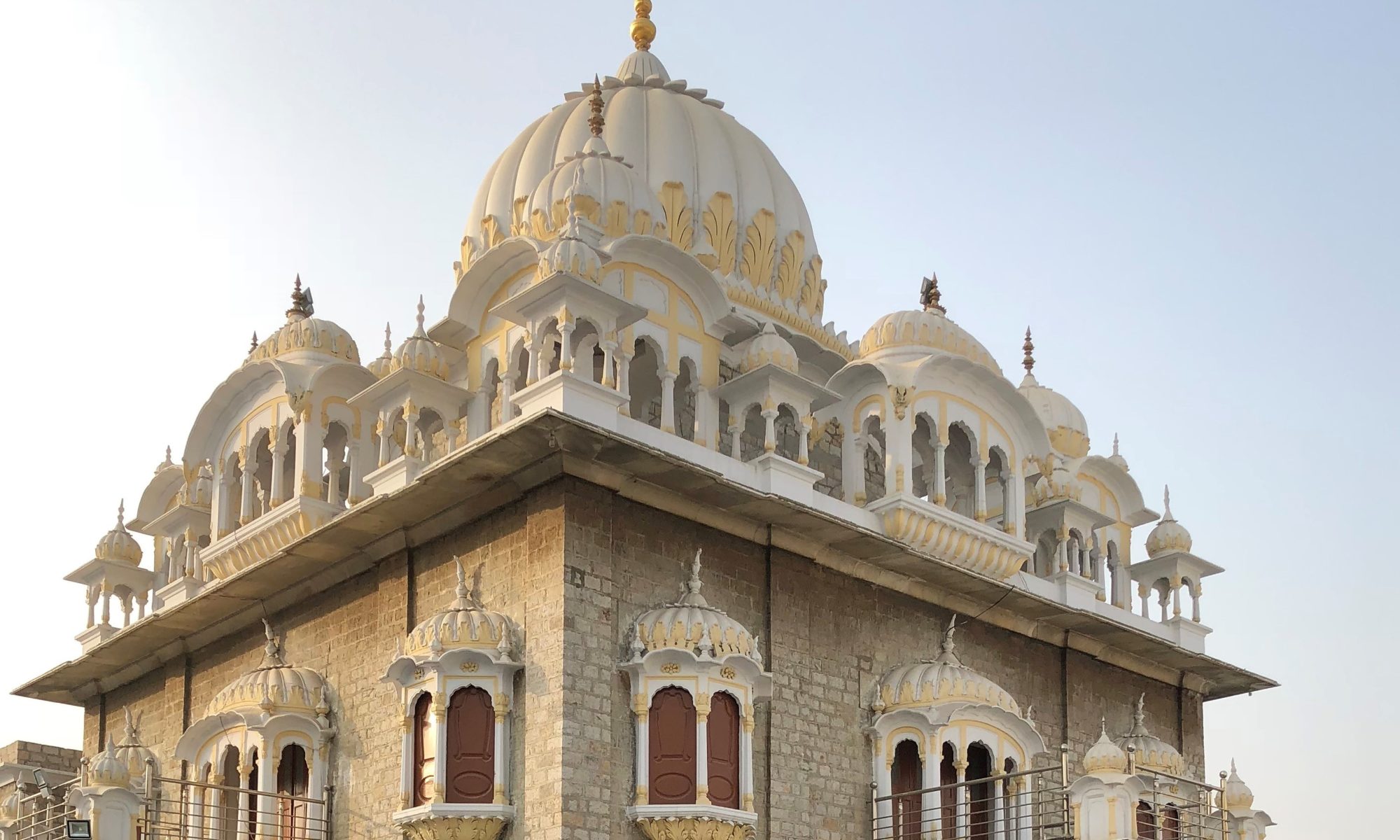Although most of us find politics really boring, we cannot deny that politics and laws shape our lives, and life is not boring. Life is God. So, let me suggest a few laws that as Sikhs we have done and we should try and promote. These must include laws protecting the equality between women and men, for Gurmat is a feminist religion i.e. it acknowledges that women and men have equal rights and duties. Certainly, women and men are separate – Kaurs and Singhs – but they are of equal dignity.
There must be laws protecting the freedom of conscience – we need only refer to the example of Guru Tegh Bahadur’s martyrdom on behalf of Hindus. He didn’t believe in what they did, he even thought that a lot of things they believed in were wrong, yet he gave his life so that they could continue to believe as Hindus and were not forced to become Muslims. Freedom of conscience might include such things as freedom of the press, but also homosexuality. There would be laws preventing racial discrimination for Guru Gobind Singh has taught us to “recognise the humankind as One.”
There would be provision for the terminally ill, as Guru Arjun’s establishing of a leprosarium, a place where lepers could live in dignity, and work there for four years inspires us. Today, terminal diseases include AIDS and cancer. Provision also for the protection of the environment following Guru Har Rai’s example in founding a zoo and conserving and studying rare plants scientifically. Out of these he made medicines. Today, there are many possible cures in the rainforests of the Amazon which we could discover if we do not cut the trees and destroy life first. People challenged physically or mentally would be assisted as Guru Gobind Singh encouraged blind people to perform the sewa of keertan in the sadh sangat. The point of Sikh criminal law is to make amends for what you have done (reparation). It is not intended to cause you pain (retribution), or change you (redemption), for change must come from within. We can tell this from the method Guru Nanak employed to deal with the exploitative business man, Malik Bhago, the serial killer, Sajjan, the cannibal, Khoda, and the prostitutes/dancing girls in Ceylon. All were to henceforth use their Divine gifts, not abuse them, thus abusing themselves and others.
Weapons of mass destruction such as nuclear weapons or chemical and biological weapons would not be permitted for in their nature they are indiscriminate. We know that the Sikhs only oppose zulm – oppression – they do not oppose even the soldier who they fight. Hence, when the soldier was injured or surrendered, mercy was always shown and hence, Bhai Kannayya could be encouraged to provide medication for them, whether friend of enemy, whatever their race or religion. We should work for a ban on such weapons.
The military strategy would be non-offensive defence, the idea being that the provision of more aggressive arms merely triggers an arms race through a security dilemma as the neighbour perceives that you have the capacity to cause them harm. This means that we use anti-aircraft weapons rather than aircraft, or anti-tank technology rather than tanks. Because it becomes difficult to attack such a people there is some security; at the same time, it is difficult to start a war if you only have defensive weapon systems, so your neighbours need not worry. Such strategy depends on an active and armed citizenry and it is obvious that this is what the Gurus created.
Historically, the right of political participation is given to those fighting. The gift of kirpan was therefore the gift of sovereignty to a free and equal people, new princesses and princes, Kaurs and Singhs. Gatka, the art of spiritual self-defence, is an important part of being a Sikh. Not that I know it, but I’d like to learn and at least I can understand the logic of it.
The Sikh system is democratic in a very dramatic sense. Just as there is no intermediary between the Sikh and WaheGuru, but one must commune with the In-Dweller (God), so only direct democracy transforms the ego, the manmat, the particular will into Gurmat, the individual’s higher will which is the general will of the sadh sangat. This general will is the concrete form of Natural Law (hukm) for that people at that moment. The individual can no more surrender the will in political matters to representatives than s/he can surrender it to priestly classes – bhais, sants, or Jathedars in spiritual matters. It is the will which is transformed from lead to gold, the alchemy of the spirit cannot take place in the abstract through rituals according to narrative texts and traditions, but in the Living of the Spirit through the ongoing experiment in love which is Life.
Kanwar Ranvir Singh, LLB (Hons.)
